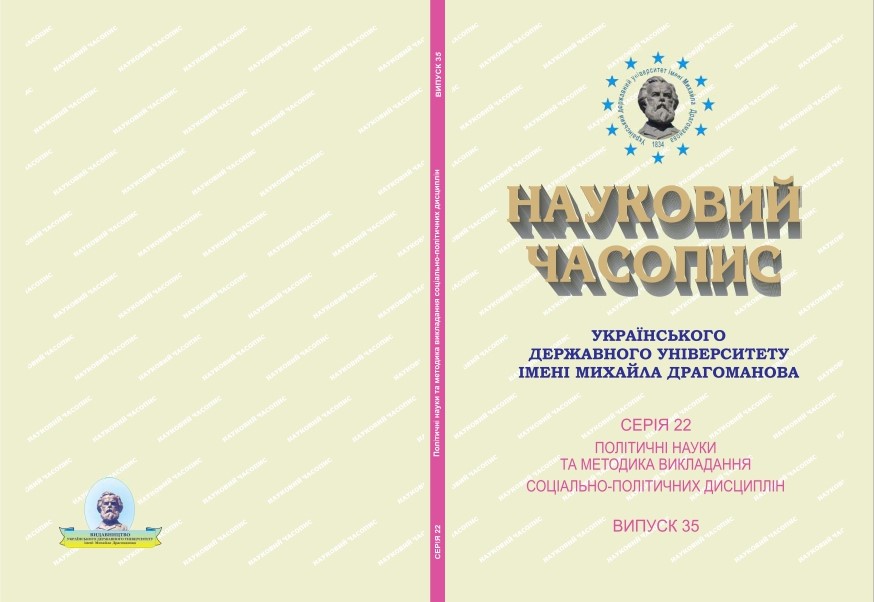Budapest Guarantees as a Factor in the Crisis of International Collective Security
DOI:
https://doi.org/10.31392/UDU-nc.series22.2024.35.09Keywords:
international collective security, guarantees, Budapest Memorandum, non-nuclear states, international security, NPT.Abstract
The article is dedicated to studying the issue of the violations of guarantees given to Ukraine enshrined in the Budapest Memorandum as part of the international collective security architecture, considering the context of the Treaty on the Non-Proliferation of nuclear weapons (NPT). The author also aims to analyze the consequences of the violation of the Budapest guarantees for international collective security.
The conducted research allows the author to conclude that the guarantees given to Ukraine in exchange for its non-nuclear status were provided within the international legal framework, as noted by H. Lauterpacht: "Although the parties may have assumed that the treaty meant little, it is inadmissible to assume that they intended it to mean nothing in the future, and that a document, drawn up in the form of a treaty, with its accompanying solemnity, formality, publicity, as well as constitutional and other guarantees, would not be considered a valid treaty". The author points out that the hypothetical correctness of such conclusions raises many questions. It is not only about Ukraine but also about the fact that the non-compliance and subsequent uncertainty of the Budapest Memorandum, which is part of the architecture of international collective security considering the NPT context, undermines the foundations of international collective security and its main principle that agreements must be fulfilled.
The author also notes that today the international legal regime and the architecture of international security are in complete turbulence. There is an increasing awareness within the international community of the ineffectiveness of existing international mechanisms and institutions designed to guarantee the security of states. There is insufficient understanding of the strategic perspective and possible contours of the future world order, affecting the actions of politicians and deepening the state of chaos and uncertainty. In the author's opinion, a completely new configuration of the architecture of global security should be proposed without simple and temporary solutions. New mechanisms of international security should be developed, supported by long-term political vision, strong political determination, scientific recommendations, and effective mechanisms for timely prevention of aggressors.

